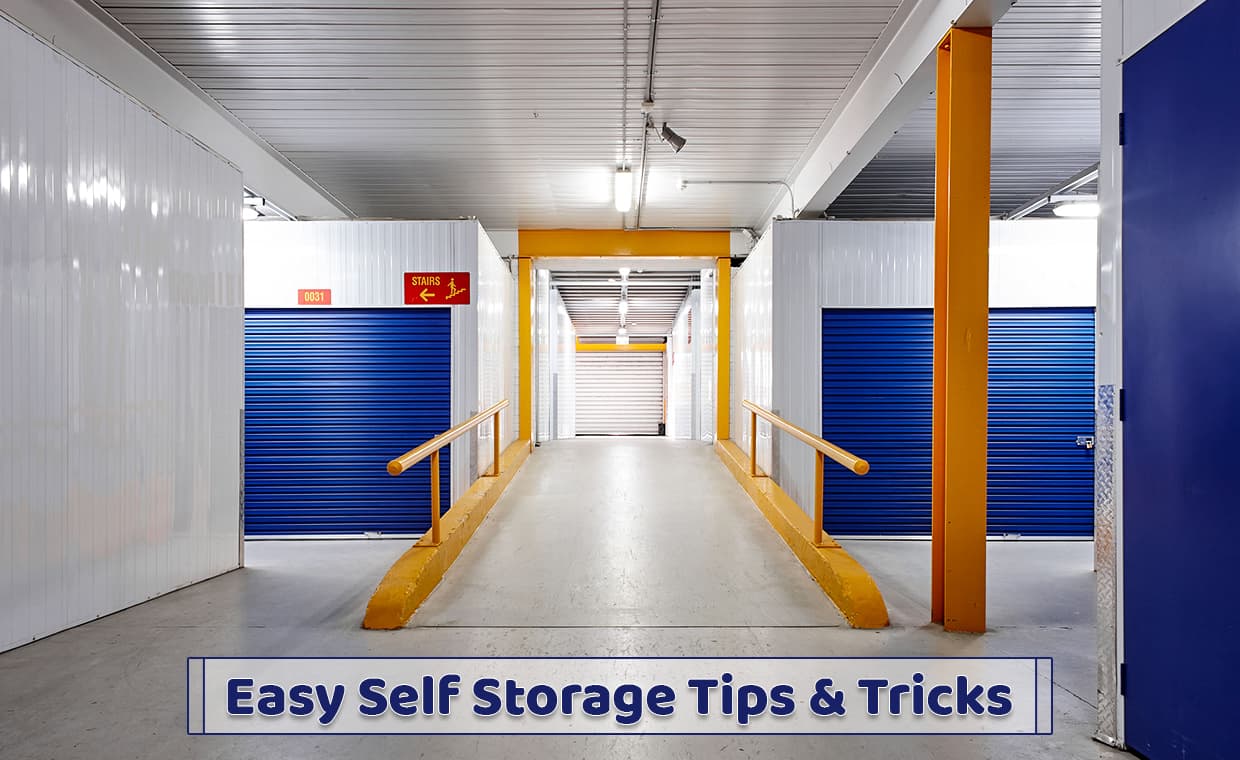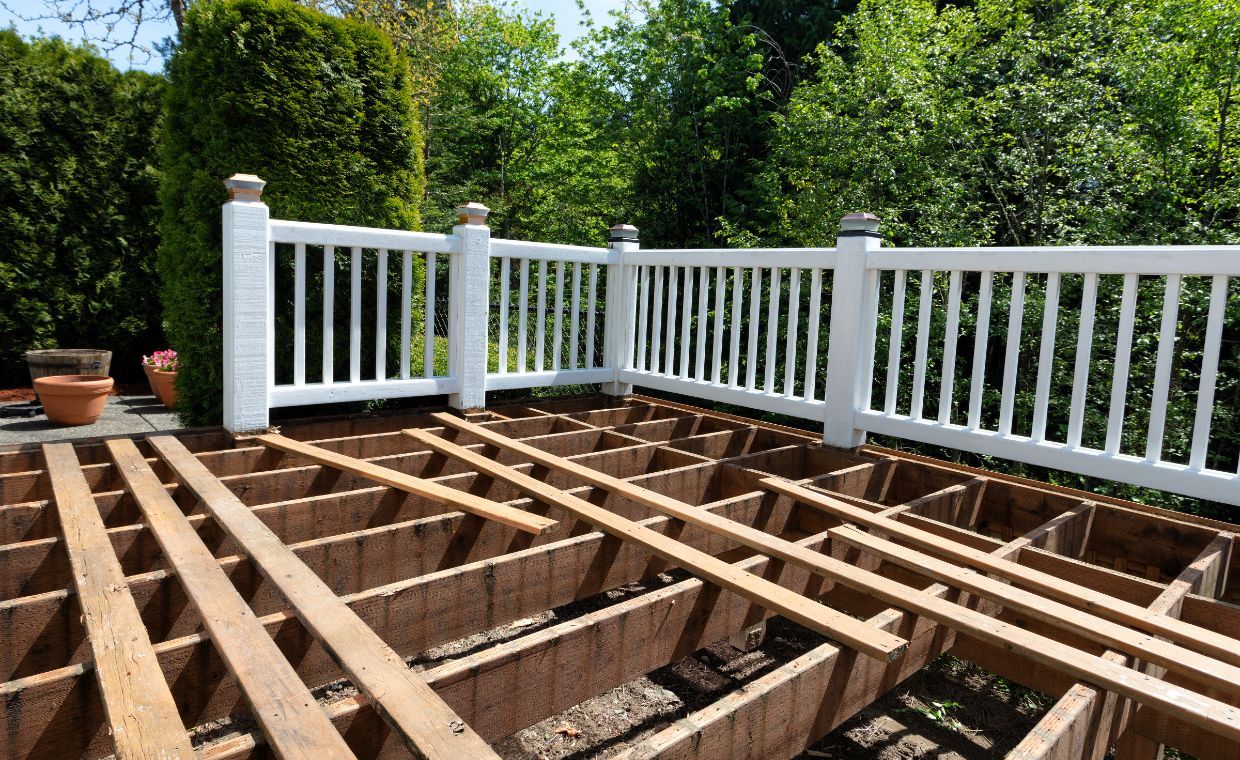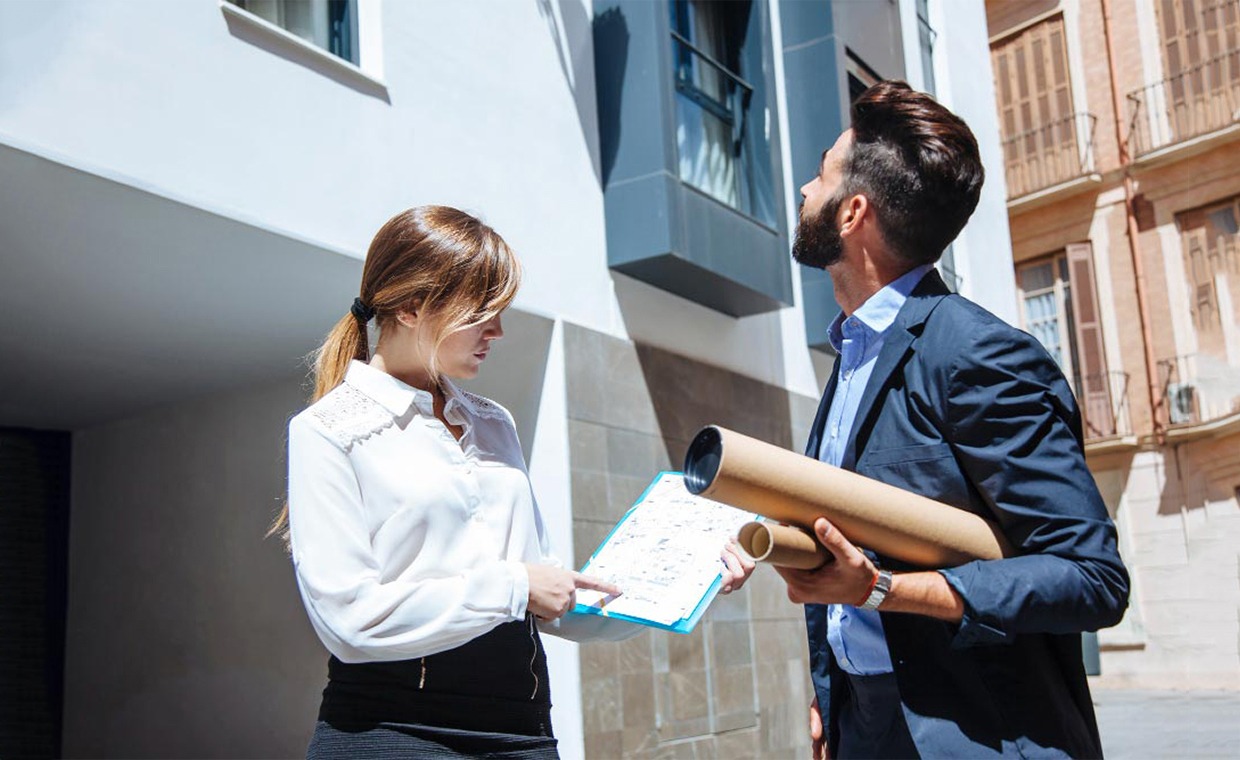
Whether self-storage is a short or a long-term thing, it helps you free up some space in your house. Although a bit challenging, you have to do it right when it comes to packaging a storage unit. This will enable you to create enough space to keep everything safe. However, you need to take additional steps to keep your unit organized and possessions secure.
Below are the self-storage tips you should follow to handle your storage like an expert.
(a) Choosing a Self-Storage Unit:
- Select a trustworthy storage company
- Start searching earlier
- Have a list of what you intend to store
(b) Stuffing a Unit:
- Ensure you label each box
- Don’t store valuable stuff
- Pack
- Keep items safe
- Obtain insurance
- Avoid storing perishable stuff
- Seek for assistance
(c) Overall Self-storage Guidance:
- Never share your key and access code
- Types of storage facilities

Self-Storage Tips and Tricks You Must to Know
For better understanding, let’s take a look at all points in detail.
(a) Choosing a Self-Storage Unit
01. Select a Trustworthy Storage Company
Storing your items could sometimes mean trusting a third party to keep your possessions safe. No matter the value of your belongings, you should choose a reputable company with a verified track record. Go through customer reviews concerning their experiences before you reserve a unit. Also, do not settle for a company just because of their low rates or less competition without investigating the quality of their services. Through proper research, you can find a reliable provider in your area. Or, you can search through family and friends for recommendations.
02. Start Searching Earlier
Choosing a storage unit that suits your needs depends on its size and price. Ensure whatever you want blends with your situation. For example, checking off three boxes require new search and preparation. If you fail to book early, you may end up getting what you didn’t expect. Again, you won’t have enough time to search for a dependable storage company. Start early and all other things will fall into place.
03. Have a list of What you Intend to Store
This is helpful, especially when it comes to deciding the size unit you will need. Also, you will remain organized as soon as you save everything. You don’t need to exaggerate the list, just a regular summary of belongings that you plan to store in the unit is enough.
(b) Stuffing a Unit
04. Ensure you Label Each Box
When someone decides to use self-storage, the chances are that he wouldn’t need the items for a few months. Packing your belongings in boxes doesn’t mean you will remember the exact box and the items you packed in there after a while. For example, you won’t recall if the boxes packed at the left-hand corner contain portraits, jewellery, or shoes. For this reason, you have to label the boxes according to the items stored to make unpacking easier. You will be able to grab whatever item you need without strain.
05. Don’t Store Valuable Stuff
If you have items that you fear losing, do not risk storing them in storage units. Storage units come with risks like damages, although on rare occasions. However, you can stay safe by seeking alternative ways to keep items such as jewelry, arts, and other treasured items. For example, self-storage & storage solutions Melbourne offers many storage unit answers, including for those of treasured items.
06. Pack Well
It is substantial to figure out how to pack your things, especially when a moving container is involved. This will help if a container shifts in transit. Being organized will enable you to access your items easily whenever you need them. The things you will most likely need should be stored at the unit’s front. The rest you can save at the back since you won’t be needing them anytime soon. Most units are eight feet tall. Hence you can store heavier items closer to the ground. Also, create a pathway from the unit’s front to the back to allow easy access.
07. Keep Items Safe
Ensure your possessions remain safe from damage by packing and wrapping them correctly. You can cover furniture with blankets and moving pads, and make sure everything small is boxed up. Do not use plastic packages as they tend to trap moisture, further leading to molds and mildews. Also, be careful when packing fragile stuff by wrapping them in packing paper and ensuring they don’t move around.
08. Obtain Insurance
If you have renters or homeowners, ensure their insurance caters for personal belongings in storage. Lack of insurance will mean acquiring a separate storage cover plan from an insurance company. Purchasing insurance brings peace of mind due to the extra protection it offers in case of damages.
09. Avoid Storing Perishable Stuff
You should never pack any material that could spoil in your unit. This could lead to bad odours resulting from rotten food and plants. Meaning the rot could, in turn, attract bugs and rodents, which are a turn off when you open your unit.
10. Seek Assistance
It can be challenging to move items into a store on your own. You may need the help of a friend or family member to lessen the work that comes with heavy loading stuff and piling belongings up high. Seeking extra help enables the process to be stress-free and faster. Also, you will minimize the chances of injuries resulting from lifting heavy things like furniture.
(c) Overall Self-Storage Guidance
11. Never Share your Key and Access Code
You have to make sure your unit stays safe by not sharing access with anyone. Don’t take any risk unless you know someone one well and you trust him/her with your belongings. Storage units usually contain some valuable items that need to be kept safe away from dubious people. Buy a sturdy lock and secure your unit from being tampered with. Storage facilities can have cameras, although they can’t entirely stop something from happening. Therefore, a strong lock ensures everything is secure in there.
12. Types of Storage Facilities
Various products are stored in different types of storage facilities. They are stored differently based on their nature. It is important to identify the exact nature of the product for you to identify the mode of storage technology to use. Some of the types of storage facilities include boat and motor vehicle storage, self-storage, climate-controlled storage, container storage, and so on. While seeking storage facilities, you need to ensure the mode of storage you opt for is secure and reliable. It should properly safeguard the items or products you store.
In the final note, always be smart when it comes to storage. The above self-storage tips will guide you to achieve the best storage experience. Also, there are numerous types of storage facilities, and self-storage & storage solutions Melbourne. It makes it possible for your goods to remain safely stored and in good condition.
Also Read:
How to Prepare Yourself While Moving to a New City?
10+ Tips to Plan Your Kitchen Storage For Maximum Efficiency!
10+ Ways to Increase the Storage Space in Your House!

































